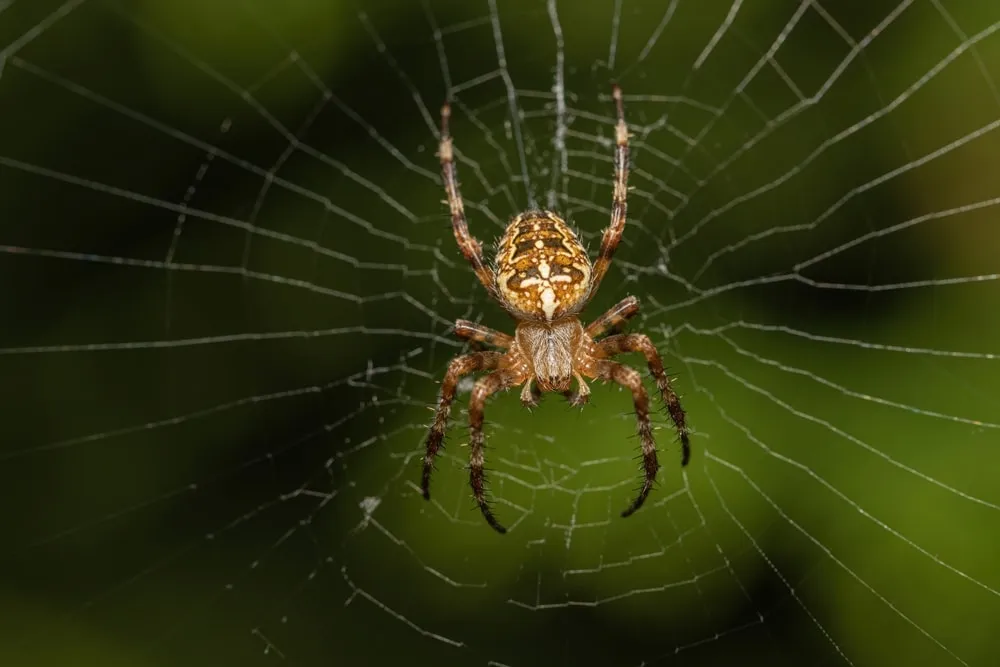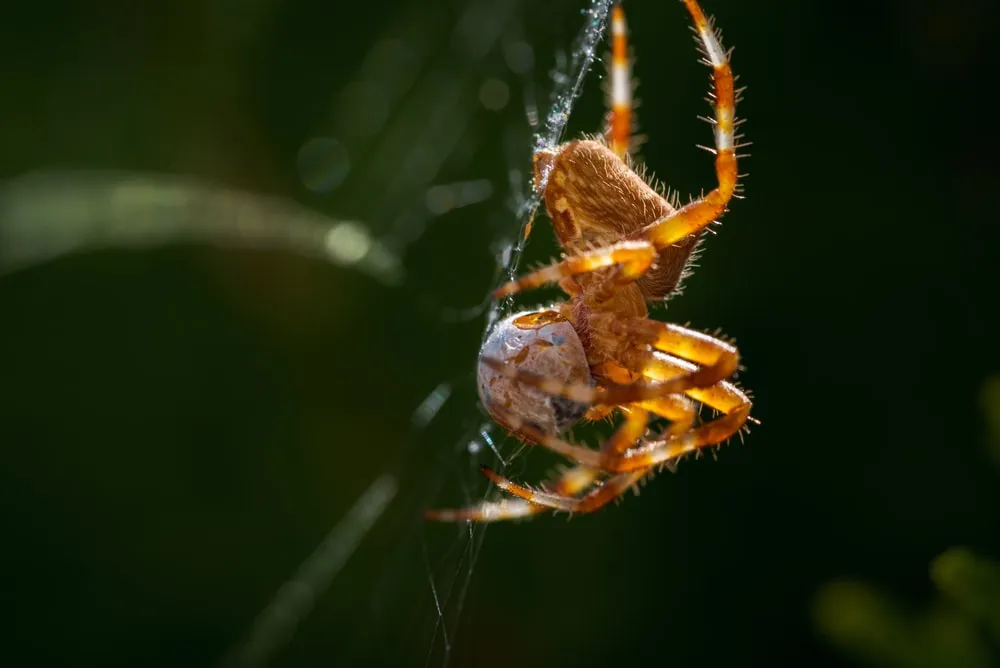How Long Do Tarantulas Live? An Overview
Tarantulas, fascinating arachnids with a reputation, often captivate those interested in exotic pets. One of the most common questions about these creatures is, “How long do tarantulas live?” The answer, however, is not straightforward. Tarantula lifespans vary significantly based on several factors, including their species, sex, and the care they receive. Understanding these influences is crucial for potential owners and anyone curious about these amazing creatures. This guide provides a comprehensive look at the lifespan of tarantulas, exploring the different aspects that contribute to their longevity and how to ensure a long and healthy life for these captivating pets.
The Average Lifespan of Tarantulas
On average, tarantulas can live for a surprisingly long time, far surpassing many other pet species. The typical lifespan for a tarantula ranges from 10 to 30 years, but this is just a general estimate. The actual lifespan is influenced by a multitude of factors. Some species, particularly certain female tarantulas, can live for several decades, while males often have a much shorter lifespan. Factors such as diet, habitat, and overall care play a vital role in how long a tarantula thrives. The conditions in which they are kept, including the temperature, humidity, and available space, contribute significantly to their health and longevity. Therefore, providing the best possible care is key to ensuring that your tarantula lives a long, healthy, and fulfilling life.
Male vs. Female Tarantula Lifespans

One of the most significant differences in tarantula lifespans is between males and females. Generally, female tarantulas live much longer than males. Females of many species can live for 20 to 30 years or even longer under optimal conditions. Males, on the other hand, typically have a significantly shorter lifespan, often only living for a few years after reaching maturity. This difference is largely due to their reproductive cycle. Males reach maturity and then actively seek mates. Once they have mated, their lifespan is often limited. In some species, males may die shortly after mating. This distinction is an essential factor to consider if you are planning to own a tarantula.
Factors Influencing Tarantula Lifespan
Several factors influence a tarantula’s lifespan, making it essential for owners to be aware of them to provide the best possible care. These factors impact the overall health and longevity of the tarantula. The environment, diet, and genetics all contribute to how long these arachnids thrive. By understanding these influences, owners can optimize their pet’s living conditions, increasing the chances of a longer, healthier life. Proper care isn’t merely about feeding; it involves a holistic approach that considers all aspects of the tarantula’s needs.
Diet and Nutrition
A well-balanced diet is vital for a tarantula’s health and lifespan. Tarantulas are carnivorous, primarily feeding on insects such as crickets, mealworms, and roaches. The type and frequency of feeding should be adjusted according to the tarantula’s age and size. Juvenile tarantulas require more frequent feedings, while adults can eat less often. Ensure that the insects you provide are healthy and free from pesticides. Also, providing fresh water at all times is critical. Without proper nutrition, a tarantula will not be able to live a long and fulfilling life. Overfeeding can also be detrimental, so it is crucial to avoid this.
Environment and Habitat

The environment a tarantula lives in significantly impacts its lifespan. Maintaining the correct temperature and humidity levels is crucial. Different species have different requirements, so research the specific needs of your tarantula’s species. A well-designed terrarium with appropriate substrate, hiding places, and ventilation is essential. A clean environment, free from excessive waste and mold, will also contribute to a longer, healthier life. Providing a stimulating environment can also keep the tarantula happy and healthy. By mimicking their natural habitat, you can ensure their well-being.
Species and Genetics
The species of tarantula also plays a significant role in its lifespan. Some species are naturally longer-lived than others. For example, certain New World tarantula species are known for their longevity, often living for several decades. Genetics also contribute to an individual tarantula’s lifespan. Selecting a healthy tarantula from a reputable breeder can increase the chances of owning a long-lived pet. Researching the typical lifespan of the specific species you choose to own is a critical step. Different species have different genetic makeups that influence their lifespans.
Top 5 Facts about Tarantula Lifespan
Here are five key facts to remember regarding the lifespan of tarantulas, which summarize the main points discussed above. These facts provide a concise overview of the most critical aspects influencing how long these intriguing creatures live. Knowing these points will help you better understand and care for tarantulas, whether you’re a potential owner or a curious enthusiast. These facts underscore the importance of understanding the unique needs of these amazing arachnids.
Fact 1 Understanding Tarantula Lifespans

Tarantula lifespans vary greatly, ranging from a few years for males to several decades for females. This difference underscores the significance of understanding their unique biological differences. The longevity depends largely on the species and how well they are cared for. This variability highlights the need for careful research and planning before getting a tarantula.
Fact 2 The Gender Factor
Female tarantulas generally live much longer than males. Females can live for 20-30 years or more, while males often only live a few years after reaching maturity and mating. This difference is critical when choosing a pet. Consider the long-term commitment required for owning a female tarantula.
Fact 3 Species-Specific Differences
Different tarantula species have different lifespans. Some species are naturally longer-lived than others. Research the specific species’ expected lifespan before acquiring one. This knowledge helps in preparing for the proper care and environment needed.
Fact 4 Impact of Diet and Environment

Proper diet and a suitable environment are crucial for tarantula longevity. A balanced diet, correct temperature, humidity, and a clean habitat all contribute to a longer lifespan. Neglecting these factors can significantly shorten a tarantula’s life.
Fact 5 Importance of Proper Care
Providing the best possible care significantly influences a tarantula’s lifespan. This includes a proper diet, suitable environment, and regular health checks. Careful planning and dedication are essential for ensuring a tarantula lives a long, healthy life. Paying attention to these factors is key to responsible tarantula ownership.
Maximizing Your Tarantula’s Lifespan
Maximizing a tarantula’s lifespan involves providing the best possible care and attention. By implementing the right practices, owners can help their tarantulas live long and healthy lives. This includes creating an ideal habitat, providing a balanced diet, and regular vet checks. By understanding and attending to all these aspects, you increase the chances of your pet thriving for many years. A proactive approach to tarantula care will positively impact the well-being of your fascinating pet.
Creating the Ideal Habitat

Creating the perfect habitat is critical. This includes providing a terrarium of the appropriate size, substrate, and hiding places. Maintain the correct temperature and humidity levels specific to the species. Ensuring proper ventilation prevents the buildup of harmful gases and helps prevent diseases. Also, enrich the environment with decorations. Research your species’ specific needs to ensure you are meeting all of the requirements for their well-being. Creating a suitable habitat significantly impacts a tarantula’s health and longevity.
Providing a Balanced Diet
A balanced diet is essential. Feed your tarantula a variety of insects appropriate for its size and age. Provide fresh, clean water at all times. Avoid overfeeding, as this can lead to health problems. Adjust the feeding schedule based on the tarantula’s growth stage. A balanced diet is crucial for energy and growth. Research and understand the specific dietary needs of your tarantula species to ensure it thrives.
Regular Vet Checks
Regular veterinary check-ups are crucial. Although tarantulas do not require frequent vet visits, having a vet experienced with arachnids is wise. This helps identify and address any health issues early on. It is a way to ensure that your tarantula receives expert care. Keeping your tarantula healthy involves finding a vet to give advice for care, which promotes a longer and healthier lifespan.
